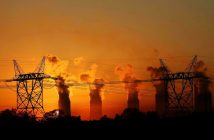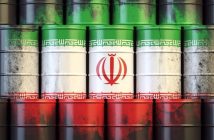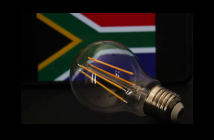- Zambia is in talks with South African power utility Eskom to import 300 megawatts (MW) of electricity.
- A step that could lead to a drastic increase in retail prices in the country.
The two countries hope to reach an agreement for the supply of 300 MW of electricity to Zambia from South Africa. The announcement was made on Tuesday last week by Zambia’s Minister of Energy, Mathew Nkhuwa. A step that could lead to a drastic increase in retail prices according to the Minister.
“The retail price may be twice the amount because we only pay half the amount we should pay for electricity,” Nkhuwa said.
Zambia has recently faced an energy deficit of nearly 750 MW largely due to the drop in the overall performance of the Kariba dam hydro plant which it shares with neighbouring country, Zimbabwe.
Zambia has an installed capacity of 2.347 Megawatts (MW). The main hydro power stations include Kariba North Bank Power Station, Kafue Gorge Power Station, Victoria Falls Power Station and Itezhi Tezhi Hydro Power Station. There is one coal-fired plant, Maamba Collieries, which was commissioned in late 2016 and is currently generating 240 MW of power for ZESCO.
Earlier this year, Zambia announced six solar projects totalling 120MW. Read more
More recently the country announced 2 x 50MW solar PV projects plus a 150MW solar/wind/battery hybrid project
Author: Bryan Groenendaal











